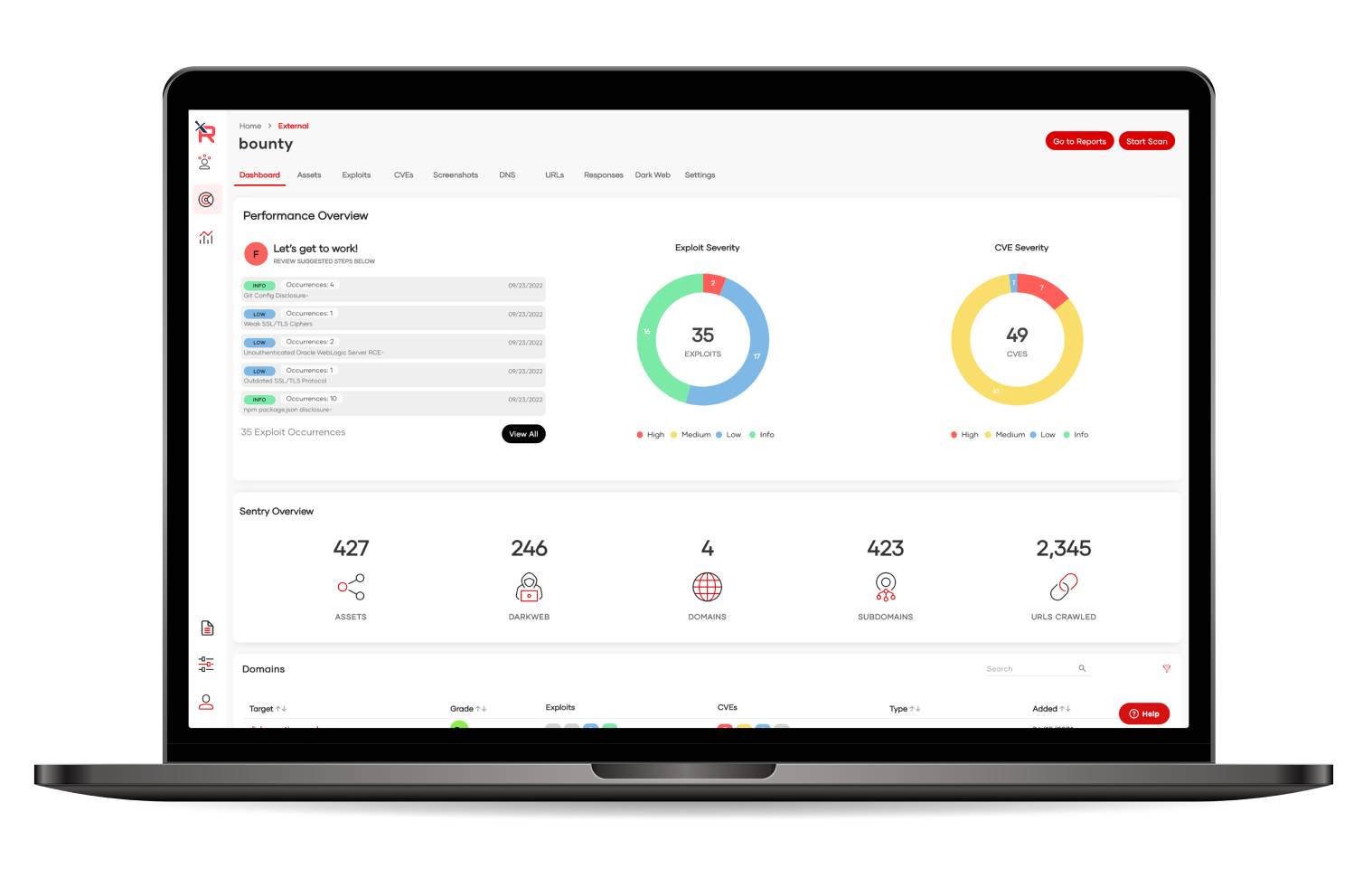Internal Penetration Test
"Securing Your Business From Within: The Importance of Internal Penetration Testing for Unyielding Network Security."

"Unleashing the Power Within: Internal Penetration Test Uncovers Your Security Vulnerabilities, Empowering Your Business"
Penetration testing or "pen tests" are an integral part of maintaining robust internal security. These ethical hacking techniques probe your security infrastructure, identifying weaknesses before they can get exploited.
Vulnerability assessments are the heart of these tests. They accurately pinpoint where your network security is lax, allowing for targeted improvements. Minimizing network vulnerability gives your business an advantage, protecting precious data.
Cybersecurity is a field that continually evolves, and staying ahead of potential threats is vital. Penetration tests employ the latest in ethical hacking to ensure your safety. Constant vigilance is mandatory in today's digital landscape.
Information security goes hand in hand with risk management. By identifying where a data breach may occur, you're vested with the capacity to prevent it. Proactive protection through security testing arms you against potential threats.
In sum, internal penetration tests are a powerful tool. They unmask your security vulnerabilities, empowering your organisation to forge a stronger, safer path. Embrace this tool, solidify your security, and unleash your business's true potential.

Discover the Hidden Weaknesses: Unleash the Power of Internal Penetration Test to Safeguard Your Network!
Article Content:
Paragraph 1:
A well-rounded approach to network security involves not only protecting against external threats but also uncovering hidden weaknesses within the internal infrastructure. This is where internal penetration testing (also known as ethical hacking) comes into play. By simulating real attacks, these tests assess the vulnerability of a network from an insider perspective, allowing organizations to proactively detect and mitigate potential risks.
Paragraph 2:
Internal penetration testing serves as a crucial component of a comprehensive security strategy. It goes beyond traditional vulnerability assessments by actively exploiting weaknesses, thereby exposing any breaches that might go unnoticed otherwise. By utilizing the same techniques and tools as malicious hackers, ethical hackers can uncover and address potential security flaws to fortify the network against future attacks.
Paragraph 3:
Network security is paramount in today's interconnected world, where a single data breach can have severe consequences. An effective internal penetration test can help organizations identify vulnerabilities such as weak access controls, misconfigurations, unpatched software, and social engineering susceptibilities. By adopting a proactive approach, businesses can prevent potential unauthorized access, data breaches, and other cyber threats.
Paragraph 4:
Implementing internal penetration testing not only helps safeguard against current network vulnerabilities but also supports better risk management. By regularly conducting these tests and addressing any identified weaknesses promptly, organizations can stay one step ahead of potential threats. This proactive approach to internal security allows for continuous improvement, ensuring that the network remains resilient in the face of evolving cyber threats.
Paragraph 5:
While investing in robust external security measures is essential, organizations should not overlook the importance of internal security testing. An effective internal penetration test uncovers hidden vulnerabilities that might be exploited by insiders or attackers who have gained unauthorized access to the network. By actively identifying and remediating security weaknesses, businesses can protect their sensitive data, maintain customer trust, and demonstrate a commitment to cybersecurity best practices.
Conclusion:
In a constantly evolving threat landscape, relying solely on external security measures is no longer sufficient. Businesses must prioritize internal security testing, such as internal penetration testing, to uncover hidden weaknesses and strengthen their network's defense. By embracing ethical hacking and proactive vulnerability assessments, organizations can better safeguard their valuable data and maintain a strong security posture.
You're in Good Hands
Save time, avoid false positives, truly operationalize security,
and manage costs.
Frequently Asked Questions
An internal penetration test is a crucial component of overall network security. By conducting vulnerability assessments and ethical hacking, it identifies and addresses network vulnerabilities, thereby reducing the risk of a data breach. This security testing plays a vital role in comprehensive risk management for information security.
Conducting an internal penetration test can greatly enhance network security by identifying vulnerabilities and weaknesses within the system. This proactive approach allows for effective risk management and protection against potential data breaches. Through ethical hacking and security testing, organizations can improve their information security and overall cybersecurity posture, ensuring a robust network infrastructure.
Conducting an internal penetration test allows organizations to assess their internal security measures and identify any network vulnerabilities. By simulating attacks through ethical hacking, organizations can uncover weaknesses and implement appropriate mitigation strategies, ensuring robust network security and preventing data breaches. This proactive approach to security testing and risk management enhances overall information security and safeguards against potential threats.















